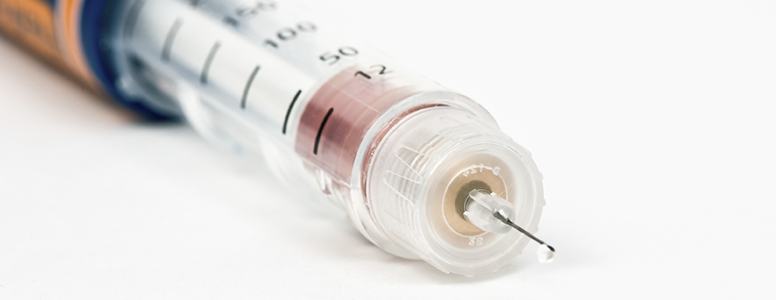People with diabetes treated with insulin to get their blood glucose under control while in hospital with COVID-19 had particularly high rates of poor outcomes, Chinese research has found.
It comes as another study from China has suggested uncontrolled blood sugar levels on admission to hospital for coronavirus is a risk factor for poor COVID-19 outcomes in people without diabetes.
In the study examining insulin treatment of people with diabetes diagnosed with coronavirus, 84 people were assessed by Jun Lin and fellow researchers from Zhongnan Hospital of Wuhan University.
The findings, which were consistent with previous research, found these participants had significantly poorer outcomes compared with 500 people who did not have diabetes, once certain variables had been accounted for.
According to the results, 29 of the people with diabetes needed insulin during their hospital stay, with this group significantly older than the 55 not requiring insulin therapy. This group were critically ill more often during admission to hospital at a rate of 51.7% compared to 3.6%. They had much higher levels of C-reactive protein, which increases when there’s inflammation in your body, and lower levels of lymphocytes, one of the body’s main types of immune cells.
- Smoking and air pollution increases childhood obesity risk
- Public call for healthier measures introduced to control obesity and COVID-19
A total of 27.6% of those treated with insulin were admitted to the intensive care compared to 1.8% of those not treated with the drug, while those more insulin-treated died, 51.7% compared 3.6% of people not given insulin therapy.
There were also significantly higher rates of respiratory failure, acute cardiac and kidney injury in people treated with insulin.
The researchers concluded in the study published by The American Journal of Medicine: “Diabetic patients should be intensely monitored during treatment, especially those who require insulin therapy.”
- Low Carb Program ranked #1 for Type 2 Diabetes Prevention in The Times’ Best Health Apps 2020
- Further research indicates obesity and type 2 diabetes are COVID-19 risk factors
- Fatty liver disease increases the risk of COVID-19 severity
The second study, investigating uncontrolled blood glucose levels on hospital for people without diabetes, was led by Yang Jin from the Huazhong University of Science and Technology, Wuhan, China.
The results suggested fasting blood glucose (FBG) levels of 7.0 mmol/L (126 mg/dL) or higher on admission to be a risk factor for in-hospital complications and 28-day mortality.
The researchers concluded: “Glycaemic testing and control should be recommended for all COVID-19 patients even if they do not have pre-existing diabetes, as most COVID-19 patients are prone to glucose metabolic disorders.”
This research was published by the journal Diabetologia.
Speak to others on this topic:




